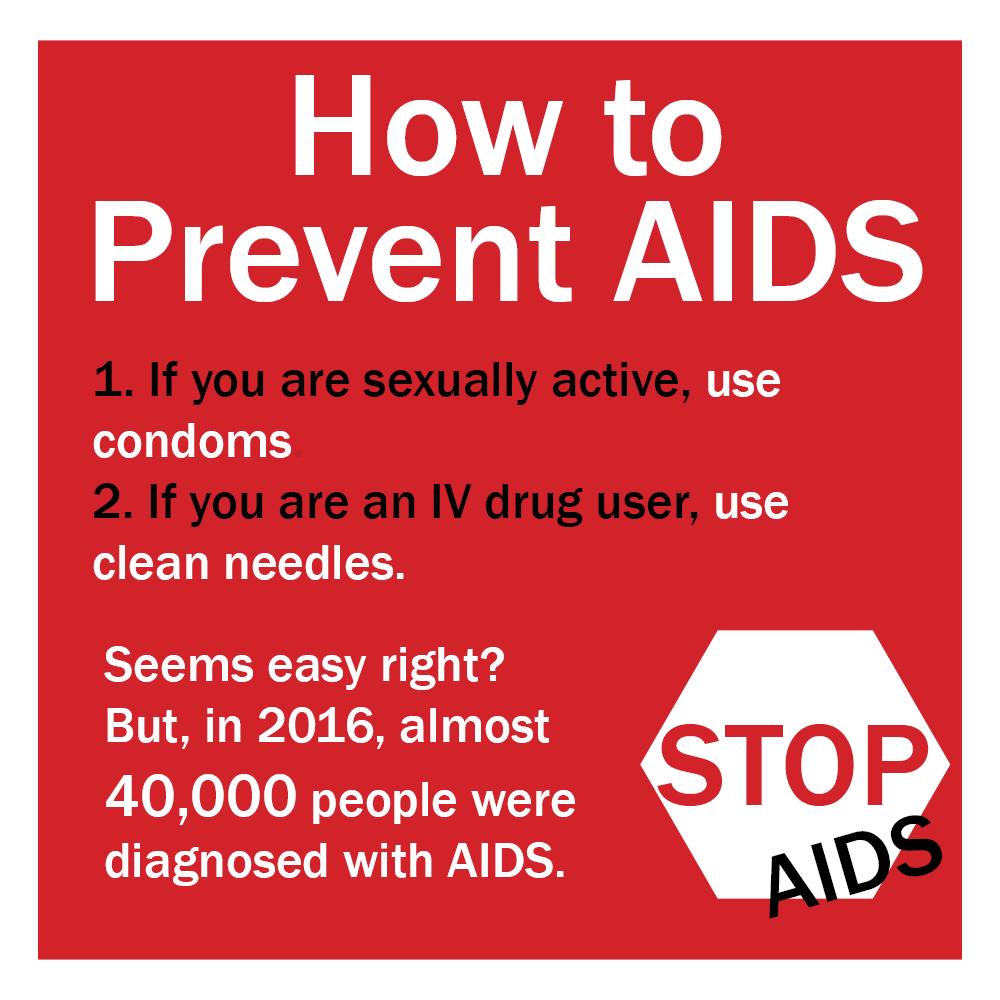
On December 1st, we celebrated World AIDS Day by bringing awareness to AIDS, a virus that impacts people all over the world and from all walks of life. We asked SIMED Primary Care Dr. David Lefkowitz to give us the details on AIDS so we can gain a better understanding of the disease and how to prevent and avoid it.
What is AIDS?
AIDS stands for Acquired Immunodeficiency Syndrome. It is the disease that results from untreated infection with HIV, or Human Immunodeficiency Virus. To understand AIDS, you have to understand HIV.
HIV is a type of virus that attacks our immune system. Because of this, we can’t fight infection or cancer like we normally do. If untreated, it leads to the disease we call AIDS. This can be thought of as advanced-stage HIV infection. At this stage, the immune system becomes so weak it cannot fight off certain germs called opportunistic infections. The actual diagnosis of AIDS is made either when a person with HIV develops opportunistic infections, or when their blood counts drop so low that their immune system can’t fight these infections.
How Do People Get HIV or AIDS?
HIV is spread through body fluids such as semen and blood. Because of this, the most common methods of spreading the virus are through sexual contact and through needle sharing (of IV drug users). It can also be spread via breast milk and other body fluids. The infected bodily fluid has to come into contact with a mucous membrane (such as inside the vagina) or directly into the bloodstream (such as with a needle). You can’t get it if the fluid contacts unbroken, healthy skin. It is also not transmitted in saliva, sweat, or urine
How Can We Treat HIV?
There is no cure for HIV, but fortunately there has been great progress in treatment. We call HIV treatment Antiretrorviral Therapy, or ART. Current ART is effective at preventing HIV from turning into AIDS. It also helps to prevent transmission of the virus to non-infected individuals. The medicines that we use for ART are many, and they are used in combinations aimed at attacking the virus from different angles.
How Can People Prevent HIV?
Like I said, sex and dirty needles are the most common ways of spreading HIV. Therefore, condom use (in sexually active people) and clean needle use (in those who are IV drug users) are the best methods of preventing the spread of HIV. Certainly, abstinence and avoiding needles altogether would be even safer. Condoms are usually available for free at local health departments and some cities now have needle exchange programs.
Transmission from infected mothers to their unborn babies (either through the placenta or after delivery through breastfeeding) is possible, but with ART the transmission rate is now extremely low.
Some populations are considered very high risk for getting HIV. Examples would include those who are IV drug users as well as those who have an HIV positive sexual partner. For these folks, Pre-Exposure Prophylaxis (known an PrEP) can help reduce their risk of acquiring the virus. PrEP involves taking a daily ART medicine as well as regular visits to the doctor.
What Is Life Like For People with HIV?
I think you would have to ask someone who has lived through the diagnosis and treatment first-hand to get the real answer to that question. From a medical standpoint, I am happy to say that prognosis and quality of life have drastically improved with our advances in ART. Whereas HIV used to be 100% fatal, life expectancy for someone with treated HIV is now almost the same as for someone without HIV.
How should people use this information?
HIV is still an extremely important and devastating disease worldwide. It is important to remember it is often preventable. It is also important to get tested. Some patients have an “I’d rather not know” mentality, but if they don’t find out if they’re positive, they will not be able to get early treatment and could potentially risk passing the virus on to others. Talk with your doctor if you have questions about prevention, testing, treatment, or PrEP.
To schedule an appointment with Dr. Lefkowitz, call (352) 375-6279 or request an appointment online. If you would like to see another primary care doctor or have concerns about contracting HIV, call (352) 224-2225 or request an appointment online.
Follow us on Facebook and Twitter for more informative articles.